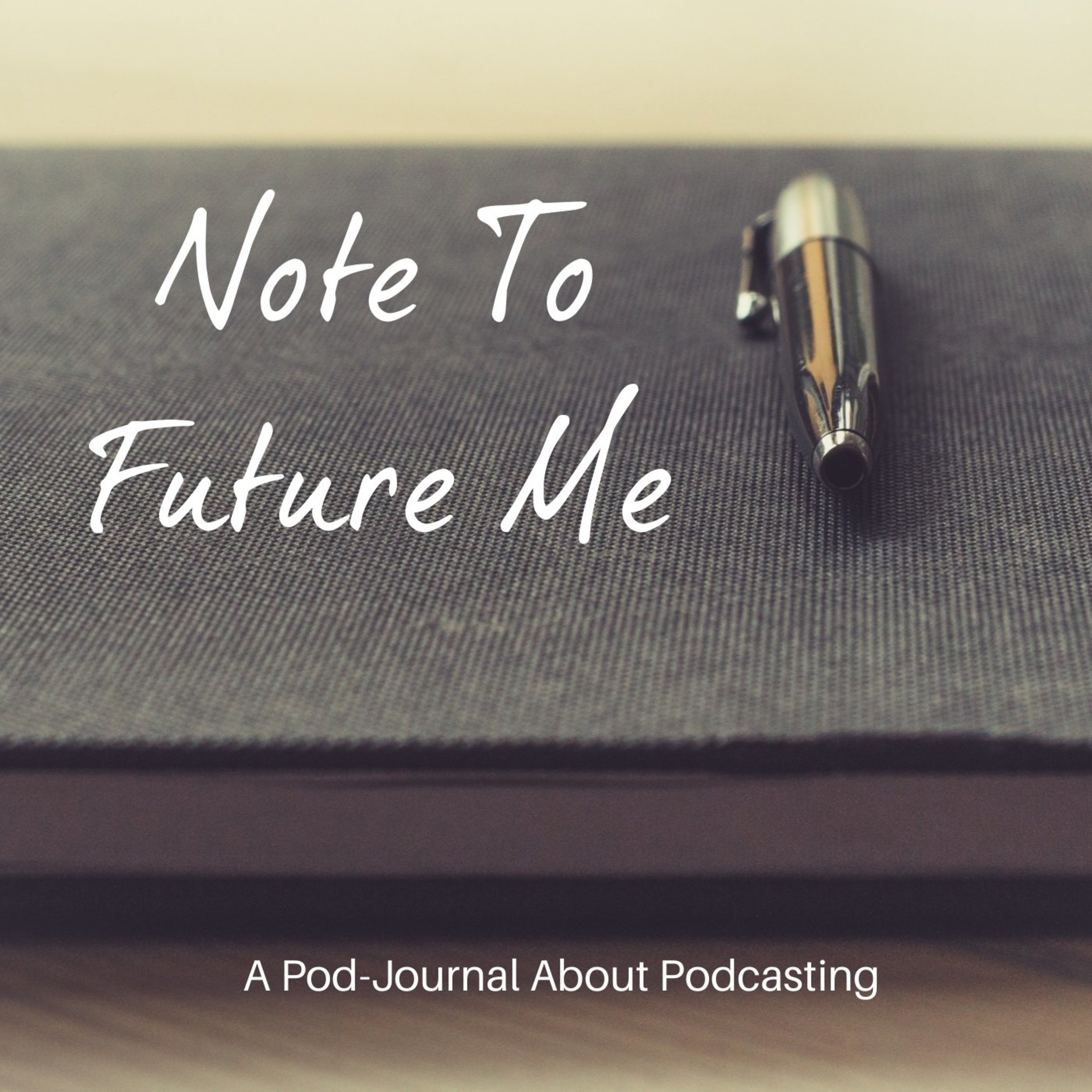Planning Your Podcast Script

b'
A big question that comes up with our new clients is whether you should or shouldn\\u2019t plan your podcast script.
We look at it a couple of different ways.
Scripted podcasts can make speech feel stiff and rehearsed.
Scripted podcasts can be the key to being confident, concise and keeping the content flowing.
I always answer that question this way. At the bare minimum, plan out your podcast episode. It\\u2019s impossible to create great content without some sort of planning.
Even podcasts which sound ad-libbed are scripted and rehearsed to some level.
But, don\\u2019t think that you need to write out a rigid script which you follow word for word. That may be the worst thing you can do, especially if you don\\u2019t have the experience to read from a script like you are presenting a conversation-like recording.
You can create a script map, or call it an agenda, which gives you pointers and leads you through your topics. And keeps you on track.
The power of planning is that it ensures your podcast episode hooks listeners and keeps you focused.
Create A Clear Summary
At the start, you need to look at what the main ideas and themes you want to cover during your podcast episode.
Start by getting the central ideas down on paper. Use them to branch out into smaller subcategories. A great way of doing this is by mind mapping.
A mind map is a tool for the brain that captures the thinking that goes on inside your head. Mind mapping helps you think, collect knowledge, remember and create ideas. Most likely it will make you a better thinker.
A good starting point on how to mind map is found at https://simplemind.eu/how-to-mind-map/basics/
Mind mapping lets you work quickly and organically, without planning as you go. This allows you to come back later to structure your content.
The Trello app can be a great tool to help you collect all your thoughts in one place, and collect outside graphs, photos, and links.
Write How You Talk, Not Speak
Once you have your ideas clear, get down to the writing.
The most important factor is to write using your stream of consciousness and edit afterwards.
Keep in mind whether you\\u2019re writing for yourself or someone else, like your co-host. Write clearly and concisely.
This will come to you easier as you create each episode. You will begin to learn your co-host(s) speaking patterns and presentation manners.
Make It Your Style
While you\\u2019re reworking your script, remember that you have a very short window in which to grab listeners attention. Your intro should pack a punch and immediately deliver your podcast\\u2019s personality and style.
There is a great Medium article from Michelle Prak entitled Enough With The Chit Chat.
"Do you need your podcast host to warm things up with chit chat? Perhaps for some listeners, it seems more relatable and personable. Maybe, to do anything else would be \\u2018rude\\u2019 or too blunt."
I posted this on LinkedIn, and quite a few comments followed about how this is a turnoff for most of them.
Watch how you start your podcast. Done without the listener in mind, It could be the end of your podcast growth.
This is part of your style of podcast. Keep the listener in mind first. You literally have seconds to convince your audience you\\u2019re worth listening to.
Give your podcast...'